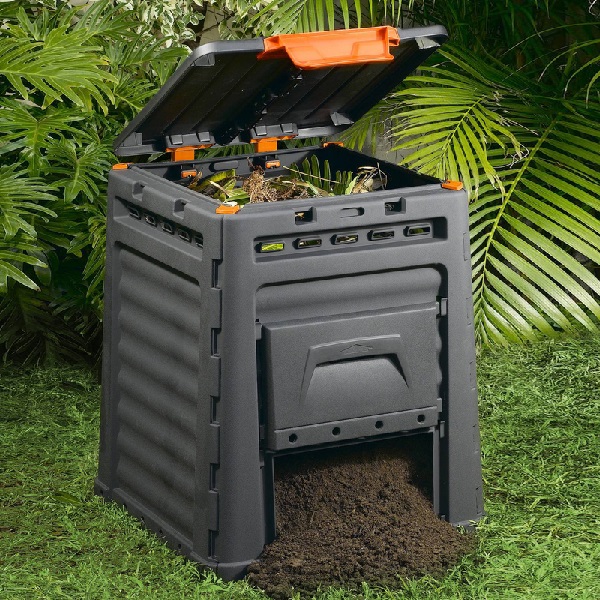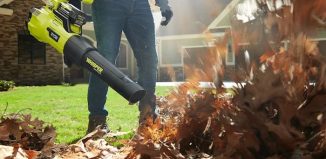Last spring I decided to participate in the Garbage & Recycling program offered by our local farmers. Apart form being very informative and inspiring, the free classes helped me understand just how important and natural it is to transform organic waste into soil building substances. I also came to realize just how much we need to get back to our roots and produce our own organic products in this ever expalnding, but way too artificial world (food-wise especially). Below, I will furthermore discuss the necessary steps to proper maintenance of a composting project.

Composting bins
At the begging, you should equip yourself with quality and functional tumbler compost bins that you will use in your composting project. Although there is a way to create your own compost bin, if your schedule is full and DIY projects are not your thing, buying is always a better choice. On the market, there are various types of tumbler composts bins, but here are my top three choices:
466L Earthmaker Aerobic Composter with 3 Chambers
This three composter chambers serve the purpose of separating new and old organic waste from each other with one goal in mind – to speed up the process of composting. While the mixture of the first one is nearly ready to use, the other can begins its own process of composting. You will get the maximum benefits in just 3 to 5 weeks and you can fill up the other containers meanwhile.
300L Eco Master Tough Compost Bin with Dual Hatches
This is another great composter bin and it is made with two hatches with storing capacity up to 300l of organic waste. This container has built-in ventilation ports that give enough air to hasten the process of decomposing. The best thing about it is that it will provide you with enough compost to satisfy your gardens neeads.
Keter Eco-Friendly 340L Compost Bin with Wood Look
The Eco-Friendly bin is designed with dozens of ventilators that clean the air far more quickly compared with the 300L version. It has a 340l capacity, with a cool wooden finish that will match any garden and help create the vintage style we all desire. Since it is built in with inner connecting walls, it gives you extra support and strength in case you overstuff the bin or add too much water.
The process of composting!
The process of composting is done in five very straightforward steps:
1. Choose the perfect spot!
Where are you going to put your tumbler compost bins is very important. Find a dry and shaded spot that will give maximum drainage to the bin.
2. What to Composts?
Compost can be made from different types of organic materials whose compositng process is aided by moisture:
- Nitrogen-rich organics: vegetable peelings, garden organics, grass clippings, green leafs, weeds and manure.
- Nitrogen-poor organics: Dry leafs, branches and twigs, paper and straws
3. The Process Starts
To built your compost, you need to put a thick layer of twigs and mulch at the bottom of your bin for the purpose of drainage. After that, you have to create an additional layer from food and garden organics. Cover them with yet another layer of brown garden organics and make sure there compost to be is not exposed to some unwanted elements form its surroundings. Water it well and repeat the process until your bin is full.
Conclusion
There you have it, every step you need to create your very own composting project. There will be always bumps on the road, you just need to react quickly. If the process goes too slowly, it means that you are either not adding enough organic waste or you just need to add more water. If there is an unpleasant smell coming out of your compost bin, it means that there is not enough air circulating through it. Another reason that can cause this is putting too much food and products that are not dry enough. Ants, mice or other rodents can destroy your hard work, but do not despair, there are always methods to get rid of them. You will feel the satisfaction of making organic food for your own plants and you will feel like you are paying back you debt to nature. Good luck with your project!












